"I thought I knew everything": A Freelance History with Jo Livingstone
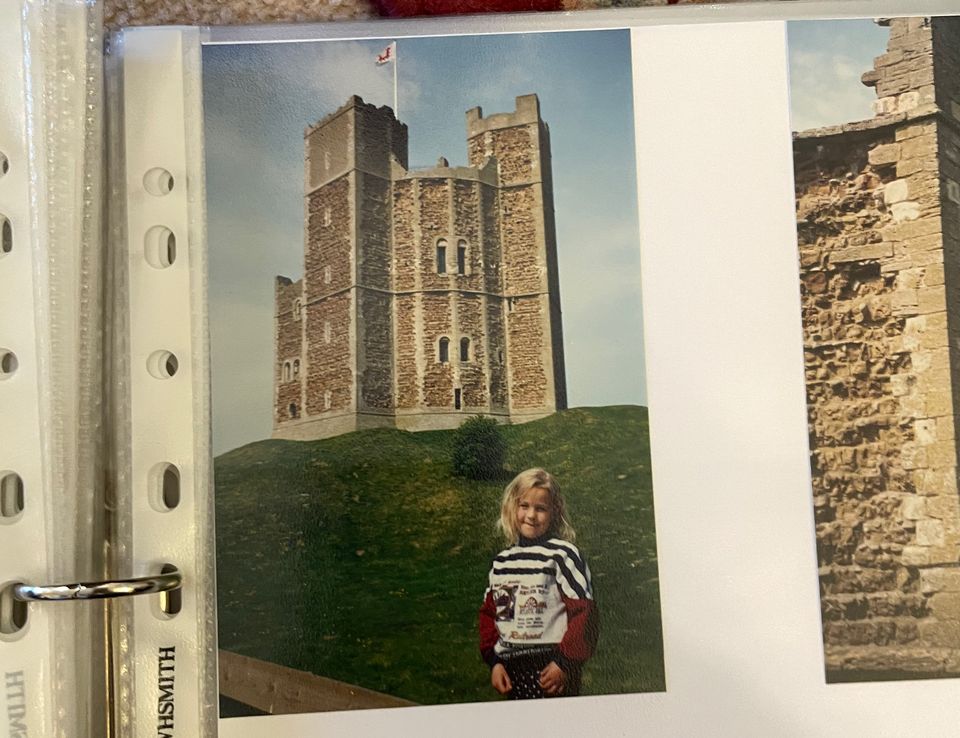
Danny: Jo! What place is this? What region, what quarter of the world? Where am I? Beneath the sun’s rising or beneath the wheeling course of the frozen Bear? Is this the boundary set to Ocean’s stream by that farthest land on the western sea? What air is this I breathe? How did you (Jo the professional) get here (Jo the unpaid Stopgap proprietor)? Start at the beginning, please.
Jo: Good morning. How are you! Ok. How to start... Have you done one of these before?
D: Not in a while, I don’t think! I take as my cue the old Awl piece “Seven Years as a Freelance Writer, or, How To Make Vitamin Soup,” by Richard Morgan. It’s a story I return to often.
J: Oh shit! That piece. I’m clicking back over now and remember it so well. Let me skim it again for ten seconds and I’ll be back here. Ok, I’m back. What Morgan really nails in this piece is the raw appeal of the variety of freelance writing, how it melts into your daily life...that necessity of being a turned on antenna, a reactive part of the present moment in time.
Please imagine that the following sentence does not make me sound like a wanker. Last night I was talking to a classical agent at a concert hall in Manhattan about being a night owl. I’ve obviously held down a lot of jobs that asked me to be at work at 8 AM or whatever—I have never been fired from a retail job, I am proud to say. But I have really struggled in my adult life to manage the life choreography that makes it possible to go to bed at the right time and wake up again.
If you think about it this way, the “story of my career” makes a great deal more sense. After senior school I went to art school (for free!) for one year. Then I went to university and studied English Literature. There, someone tipped me to the fact that you could skip straight to the doctoral level in the United States and get paid what sounded to me (it was 2009) like a cartoonishly ideal amount of money. It’s adjusted for inflation now, I’m sure, but in 2010 it started out somewhere like $24,000 a year, you got free health insurance and a year of discounted housing, you could work in the summer. The money went up with teaching and there is a long Icelandic saga of organizing and NYU’s union-busting tactics around that.
Teaching rules. But I had some extra time, all of a sudden, because nobody was making me get up in the morning. In graduate school I became a pretty productive person for the exclusive reason that I got to decide when and where and how I did the producing.
I think this underlying characteristic will always make me feel chaotic and stupid. This keeps my self esteem low enough to still want to work hard and my ego inflated enough to think my ideas worth writing down at massive length.
All my “proper” nonacademic work since about 2013 has been reviewing, with compulsive blogging and tweeting on the side. That part was out of loneliness—as you know, Danny, I was a medievalist.
D: Don’t I know it!
J: Can we pause to chat for a moment here? Because this is a lot weirder to do in writing than I expected it to be, or at least I have only done this kind of thing verbally before, and that is different. What did you have for dinner last night?
D: This is always how I want interviews to go: I ask a brief question that is followed by five or six paragraphs of a thoughtful, witty, self-possessed answer. Sort of like how every time I’ve ever applied for a job, I’ve always thought that I should receive an email in the next thirty seconds offering me an interview slot. So you’re doing great, I think. And I certainly share your relationship to work and morning, one that I think is slightly tortured. I don’t like jobs where I have to be up and out of the house by 9. But if left to my own devices, I’ll sleep til I’m miserable and adrift.
What did I have for dinner last night? I think I made a knockoff Niçoise, that was mostly potatoes and no olives. No green beans or egg, either. I love the idea of Niçoise but I truly disagree with 50% of its composition. It was terrific.
J: The idea of you eating a plain potato on a leaf of lettuce and announcing it to be Niçoise is restoring my strength.
D: To be clear, we didn’t have any lettuce, either. What we did have was a bunch of celery leaves, an onion, some cucumbers, a bunch of potatoes, vinegar, and a can of Fishwife smoked albacore. I would have put olives on, if we'd had any in the house.
J: Fish-tin brand brag! Have you got Anna Hezel’s book?
D: I am a man of the people! The Fishwife was a gift for dogsitting for a friend last month. I have not—I like the idea of it, but I truly hate the word “snacky.” Ditto “tin-thusiast.”
J: How elegantly you’ve introduced the idea of a writer getting their words mixed up in advertising copy! This is the great problem of trying to make a living doing creative work in New York. You have to decide how you’re going to get money.
Doctoral programs or being born spectacularly rich are great options, but available to statistically nobody. Scraping a living doing other types of work along with freelance writing—in my experience, and obviously I made all these decisions as an informed adult, so I take responsibility—is always going to be necessary, and it means participating in sometimes-weird markets. Taking the paycheck you need rather than the job you want will always mean compromise. I find it oddly easy to forgive myself for that.
Sometimes when I see an activist getting a vodka sponsorship on social media I feel very happy. There's nothing more noble about getting money from the Getty foundation than from Svedka or whatever. The influencing turn in culture has been sort of an amazing lesson in the value of one's own image. It's also totally possible for young people to compartmentalize their professional and social lives on the internet, now—in part because they now get that nobody can punish you for trying to be in charge of your own paycheck.
Academia is not fair. Advertising is not fair. Journalism is not fair. New York is not a fair place and the unfairness is not well-concealed. That doesn't mean that world-changing art doesn't come out of the city. I prefer it to the alternative of pretending the unfairness isn't there, which happens in London sometimes.
Basically my view of culture now is that the financials are tanked but people are really thinking.
D: Rereading “Vitamin Soup,” I think I was struck most by this bit, when he describes going up for a “staff blogger” (!) position at the WSJ’s Speakeasy site (!!):
“I had a crew of cheerleaders within the paper. I submitted a white paper laying out my take on things, including their requested analysis of 300-plus New York City-area blogs.”
300-plus blogs in the New York City area alone! I realize everyone has a hard time wrapping their mind around the fact that they are no longer 25, but I kept thinking, “My God, this article just came out last year – where did they all go?” When of course it’s been thirteen years. And I think that’s part of what I’m curious about – you and I both launched upon freelance careers around roughly the same time, and the environment has changed so much in the last decade it’s sometimes hard to remember what it used to be like. Were you ever out of the freelance game, cushioned in the warm arms of a staff gig?
J: Not during the peak years. I was not a sophisticated enough young person to be reading Richard Morgan’s piece when it came out. In that respect you are prodigious. I read a lot of the great blogs later, once I had moved in media’s proximity by the semi-accident of being in New York. And other people had already sorted out the good blogs from the bad blogs for my reading pleasure.
I have had exactly one staff job. In late 2016 I had the good fortune of being hired to be the culture staff writer at The New Republic. I did it for almost exactly five years. My editor Ryu Spaeth and the literary editor Laura Marsh taught me things that are only sinking in now, if I’m being honest with you. The job was very demanding from the start and I loved it. The structure of the workday is not, however, the context I naturally adore most, and I (almost) always filed my copy on time but I think I was also a frustrating and lackadaisical colleague at times.
I got laid off last February by a new top editor, freelanced a bit, my visa expired, I applied for a green card, it only arrived last week, and now we are at the present day. Everything is different now, because I got married to an American. She is the best and has a job and we have a dog and I’m in my middle thirties and…I don’t know if you’ve experienced this, but sometimes accessing a new kind of privilege makes you feel delighted by the trinkets and also pissed off anew.
D: Boy, don’t I know it! Source: am married to a British person who has the same response to good fortune, which I find charmingly baffling, as a cheerful Midwestern son of the Protestant soil whose only response to good fortune is “Thanks be to God!” Different things make me angry, to be clear; it’s not that I have a totally serene relationship to my environment so much as my maladjustments lie elsewhere. I like your wife a lot too.
What took you from being laid off to wanting to start a hobbyist website? Was it a very concrete idea? A joke you and I both took too seriously? Something you hope will lead to a job offer elsewhere, or more freelance opportunities, or entirely divorced from that side of your work? I’m curious because so much of my own professional writing has been “bloggy” (apologies to Anna Hazel’s marketing team for sneering at “snacky” earlier), so in many ways this type of writing is what I do already, but your line is much more in the way of criticism and journalism, so I wondered how “of a piece” you felt like the Stopgap is with your usual work.
J: It has been a long old tumble from the ivory tower down to reality. It’s kind of hackneyed to say that you realize how little you know the more you learn, but that’s because it is pure undeniable truth. When I started reviewing, I thought I knew everything, when in fact I was a really misguided child who had been pretending to be overconfident because otherwise I wouldn’t have been able to cope. Working in journalism checked me in a way that I...am glad I didn’t see coming. Because now I get why the Stopgap is the only thing to do! It’s just obvious. It’s all just people and words. We’re the people and here are the words, you know?
D: You and Ma Joad! “Rich fellas come up, and they die, and their kids ain't no good and they die out. But we keep coming. We're the people that live. They can't wipe us out. They can't lick us. We'll go on forever, Pa, cos we're the people.” And I’m sure if John Steinbeck could have foreseen blogs, he’d have understood the common thread.
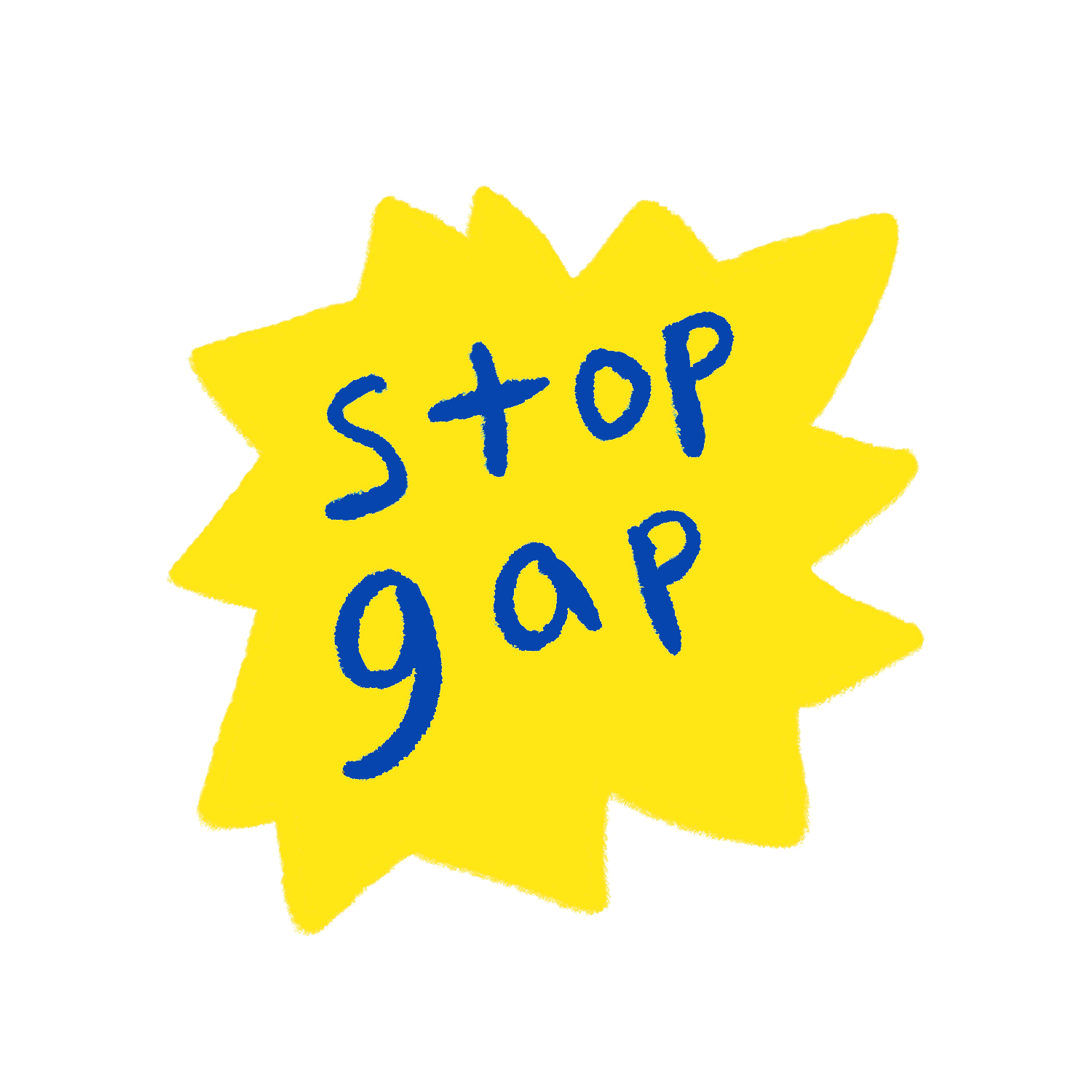
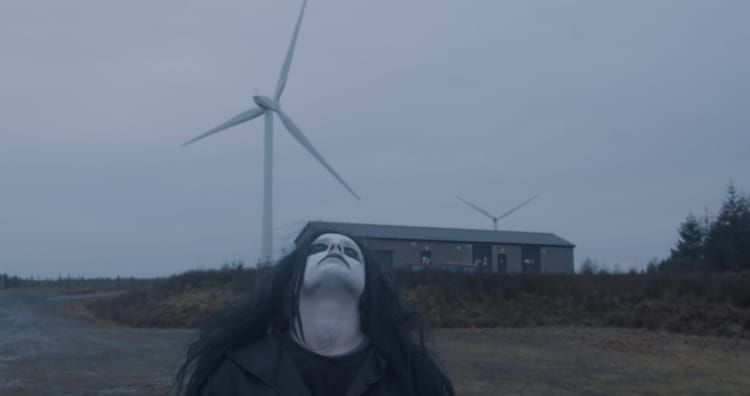
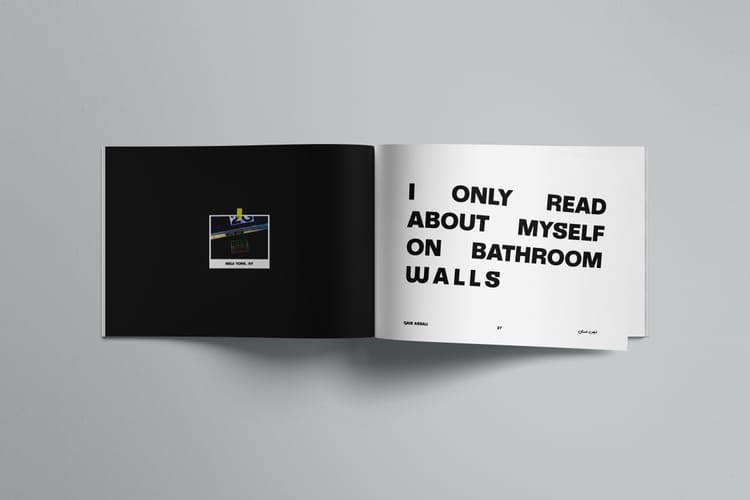
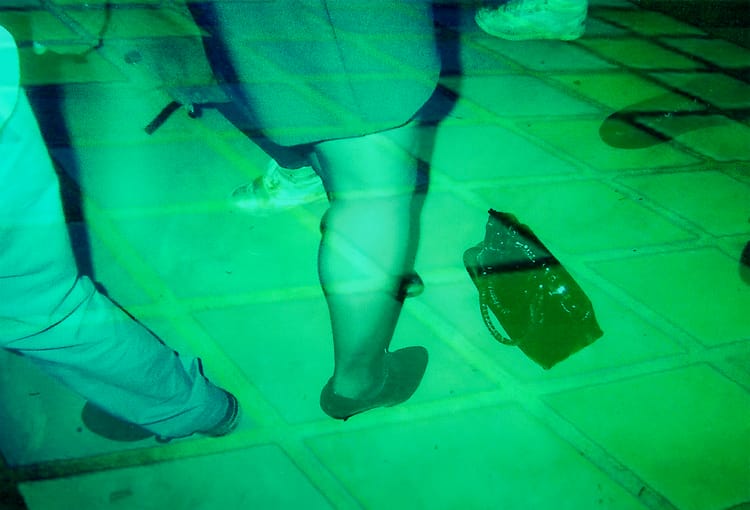
Comments ()